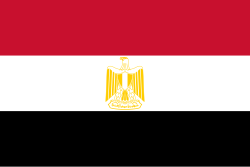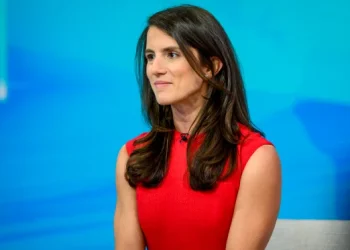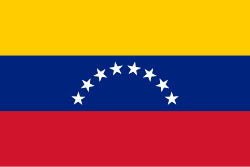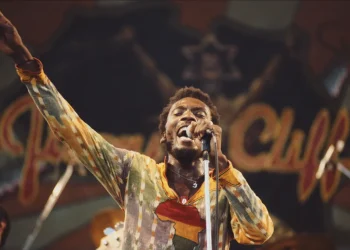LUANDA – European and African leaders have opened a two-day high-level meeting in Luanda to mark 25 years of EU–African Union partnership and the 50th anniversary of Angola’s independence, amid growing geopolitical competition on the continent.
The gathering is co-chaired by Angolan President João Lourenço and European Council President António Costa, with the European Union represented by European Commission President Ursula von der Leyen and the African Union by Mahmoud Ali Youssouf, Chair of the AU Commission.
The EU remains Africa’s largest trade partner, but the relationship has come under pressure as Russia, China and the United States expand their political, military and economic footprint across the continent.
Addressing delegates on Monday, von der Leyen warned that shifting global power dynamics made closer cooperation essential.
“In a more confrontational global economy, Africa and Europe need each other more than ever before,” she said, calling for a refreshed partnership based on mutual investment, green energy, and digital transformation.
EU officials say the Luanda meeting is intended to move the relationship beyond the traditional donor–recipient model toward “partnership of equals” language the bloc has increasingly used in recent years, including at previous EU–AU summits.
For African leaders, the talks are an opportunity to press for fairer trade terms, more local value-addition to raw materials, visa facilitation, and concrete progress on past EU pledges—especially on infrastructure and climate finance. For Brussels, the summit is also about defending its relevance in Africa as Chinese investment, Russian security ties and US strategic initiatives steadily grow.
Angola’s role as host is symbolically important: the country, once a Cold War battleground, is using its 50th independence anniversary to project itself as a regional diplomatic hub and energy player, while seeking EU support for diversification away from oil.
The summit is expected to close with a joint declaration outlining priority areas for the next phase of EU–AU cooperation, including peace and security, energy transition, migration, and youth employment.






















